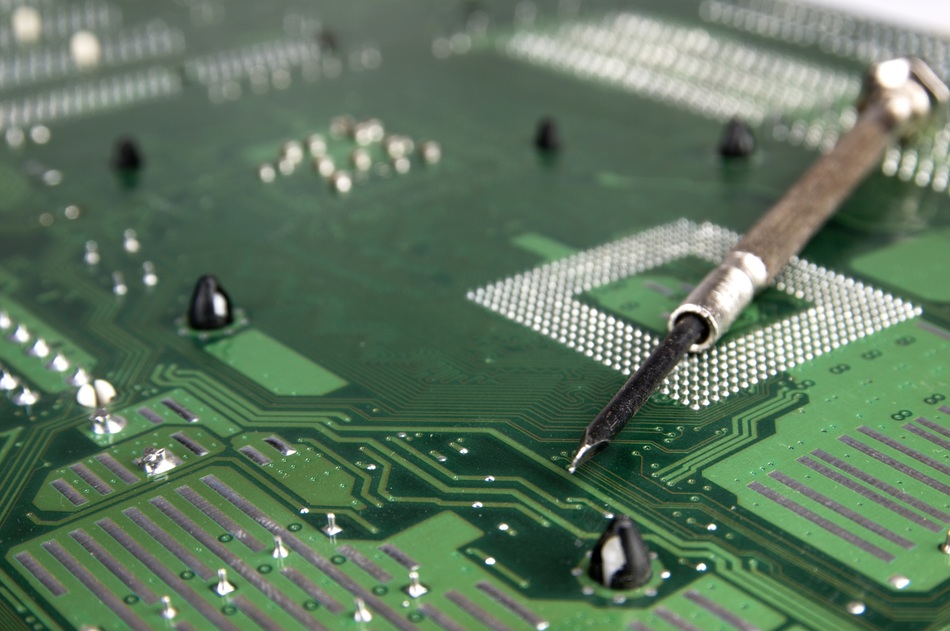When many consider patent or trademark infringement cases, they often think in terms of winning awards of money. However, infringement litigation often goes beyond just monetary damages. In some cases, injunctive relief can be as important as money.
What is Injunctive Relief?
Just because a court awards a plaintiff money, that does not mean the infringing party has been ordered to stop infringing. Unless the lawsuit contains a claim for injunctive relief, an infringing party may end up continuing to infringe — even after being ordered to pay damages.
An injunction is a court order that either prevents someone from taking certain action or requires them to do something. In domestic litigation, for example, an injunction may prevent someone from coming within a certain number of feet from another person. In business litigation, it may prevent someone from working for a competitor. In intellectual property litigation, an injunction will usually stops an infringing party from continuing to infringe, and may also require that party to destroy infringing copies.
Apple Appeal Provides Injunctive Relief
Apple recently learned the importance of obtaining an injunction when it sued Samsung for patent infringement. Apple argued that design and usage elements such as the sliding-to-unlock and auto-correction features used by Samsung were Apple’s sole property. A federal court agreed, awarding $120 million to Apple; however, the Court denied Apple’s request for an injunction, fearing that awarding it could take Samsung phones off the market entirely, thus hurting consumers.
This is a common concern for courts dealing with injunctions in intellectual property. Just because a company may have violated someone’s intellectual property, it may not result in works or devices being taken off the market, as doing so could affect millions of consumers who use the devices and depend on the company to service them.
Apple took this case to appeal, and an Appellate Court has now determined that Apple can have its injunction. The Court found that Samsung could fulfill Apple’s request to have the infringing features removed without having to stop selling or recalling phones. Thus, there was little or no harm to consumers.
Injunctions in Intellectual Property May Depend on Nature of Infringement
In any intellectual property litigation, the extent that an infringement siphons business from one party to the benefit of the infringing party is a crucial element in awarding an injunction. For example, someone selling a stuffed “iPhone unlock bar” pillow may not infringe the way someone selling a cellphone that uses iPhone’s unlock bar may be.
Apple and Samsung have been embroiled in patent litigation. Apple has won over $600 million in damages so far for alleged patent violations by Samsung. The litigation is important to Apple because the design, ease of use, and interface are core features of Apple phones and attract consumers to Apple products.
If your intellectual property is being infringed upon, make sure that you can obtain all the relief you are entitled to and that the infringing parties are prevented from continuing to do so.
Cynthia Conlin & Associates are experienced copyright infringement lawyers who can help you with your copyright infringement questions. Contact the Law Offices of Cynthia Conlin, P.A. today by calling 407-965-5519.




I will say that even if Apple had some of those Intellectual Properties before Samsung, that doesn’t mean
that Apple invented them. And even if they had invented them, how would
the industry be if nobody could copy anyone’s ideas?. So the legal battle is not over yet.